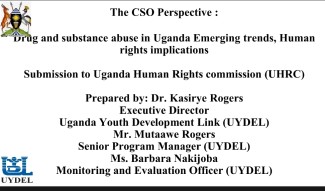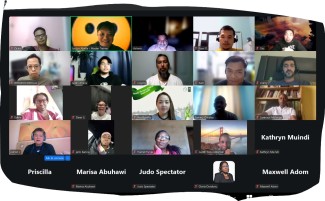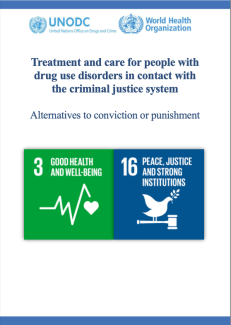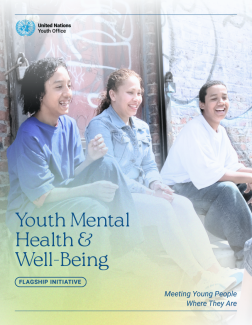A Year of Consolidation and Commitment
As 2025 draws to a close, we look back at how the ISSUP Philippine Chapter steadily consolidated its foundations despite setbacks, further laying groundwork for sustainable growth in the fields of substance use prevention, treatment, and...







